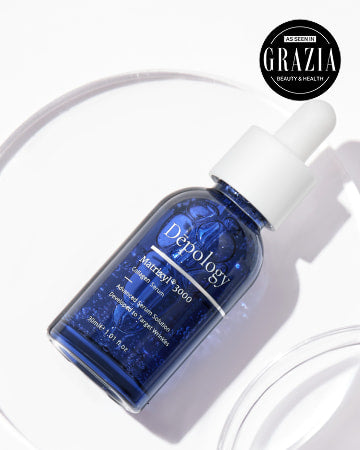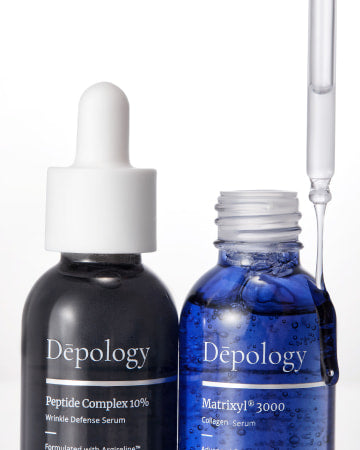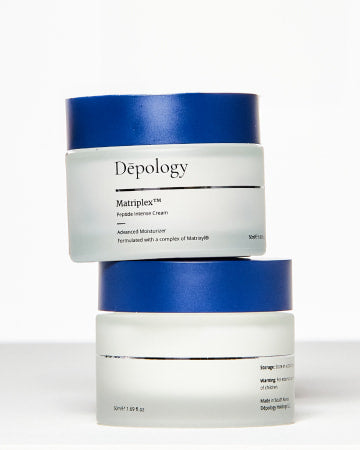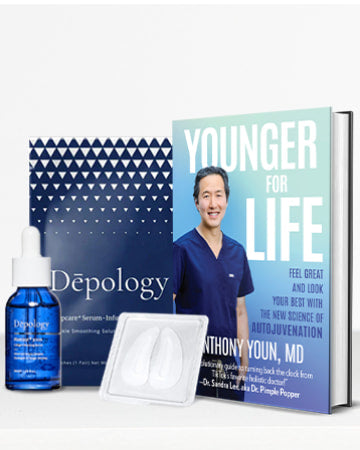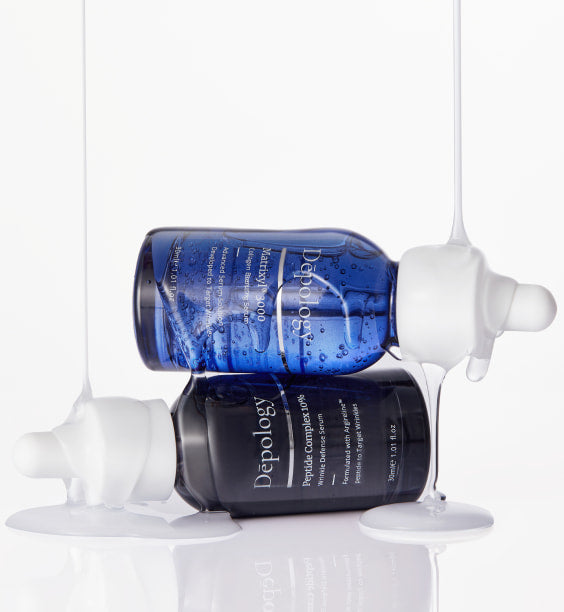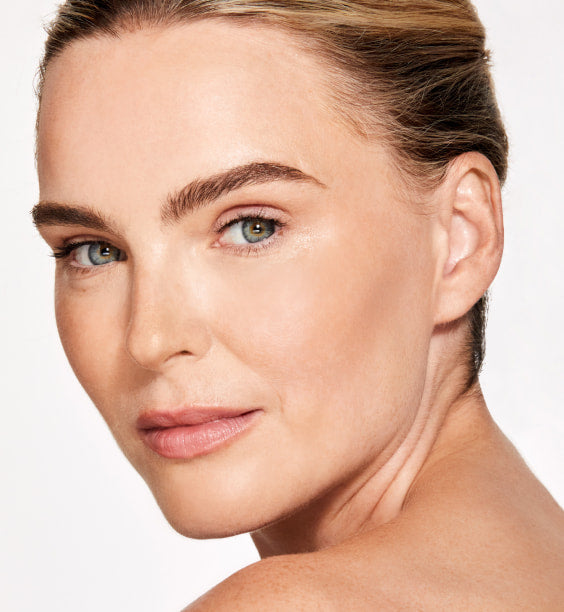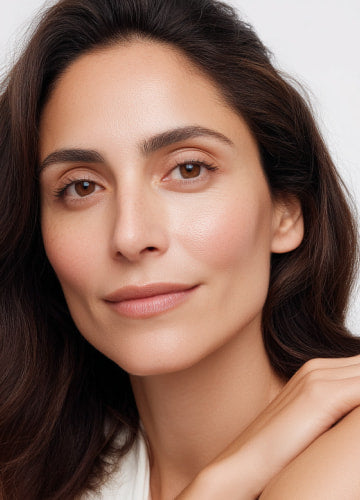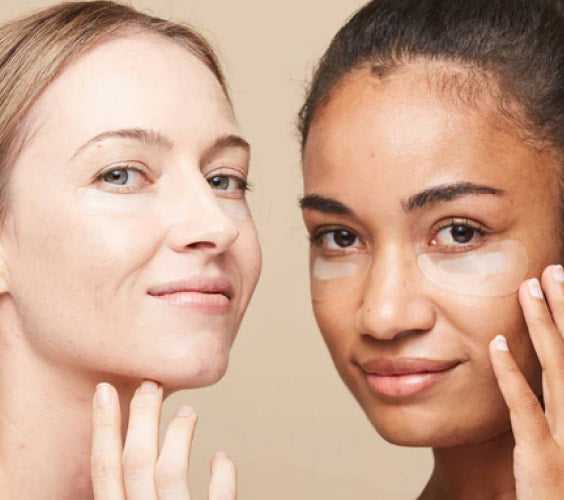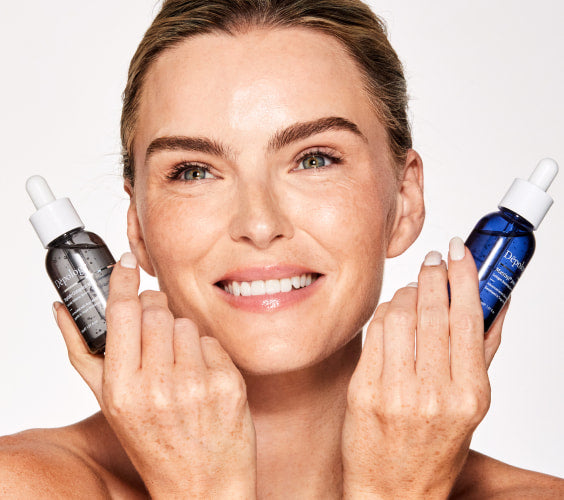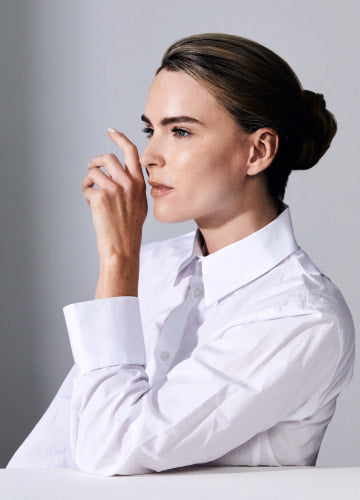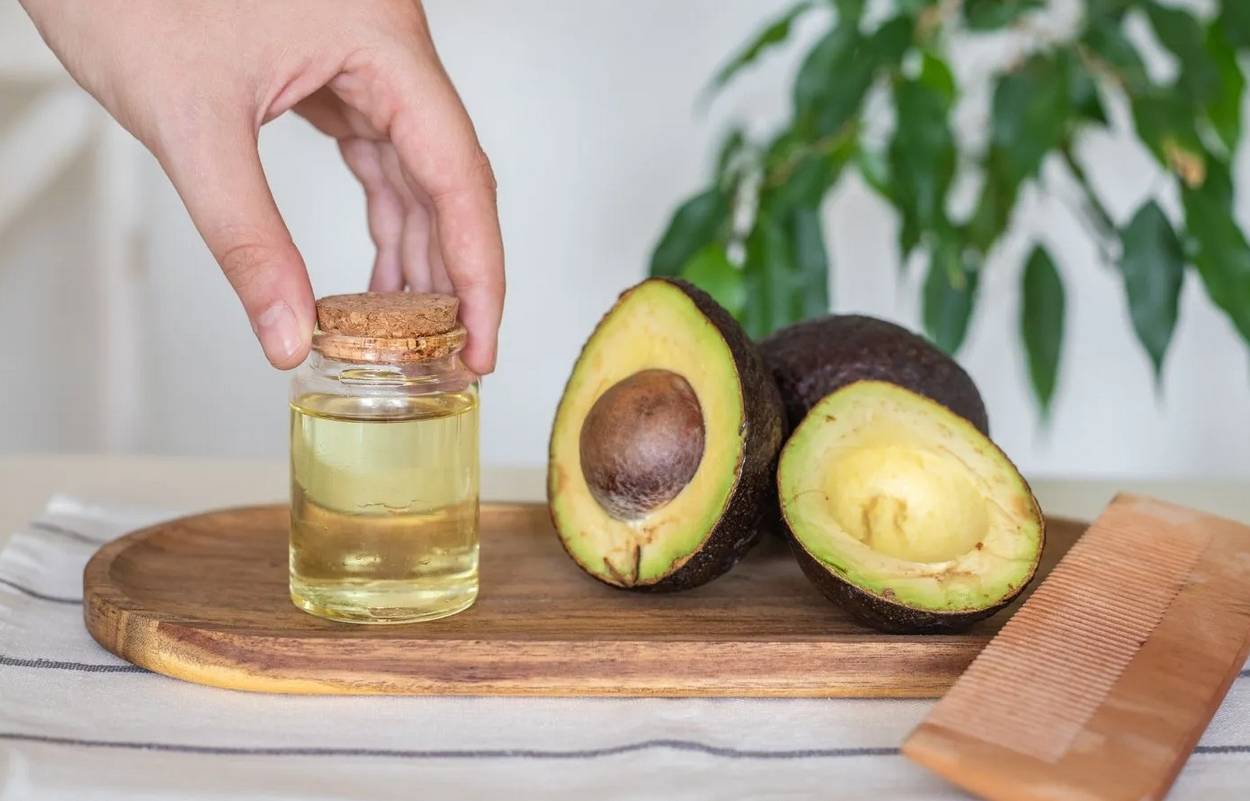
Resveratrol Skin Benefits: What Is It and How Does It Work?
Who would have thought that a simple glass of red wine could hold one of the secrets to youthful, glowing skin? Meet resveratrol, the miracle molecule with skin benefits so impressive that it will make you want to purchase a vineyard. Derived from red wine, the skins of red grapes, and other plants, this potent antioxidant is nature's answer to keeping skin soft and smooth. So grab a glass of grape juice (or wine!), and let's uncork the skin-loving wonders of resveratrol.
What Is Resveratrol in Skincare?
Resveratrol is a natural compound found in red wine, the skins of grapes, certain berries, and peanuts. It is known for its antioxidant properties, which help fight free radicals. But that's not all—resveratrol also has anti-inflammatory and anti-aging effects, making it a powerful ingredient in a well-balanced skincare routine.
What Are The Benefits Of Resveratrol For The Skin?
The skin benefits of resveratrol are truly impressive:
- Skin-Protecting: Its antioxidant properties help protect against UV-induced damage.
- Soothing: Resveratrol reduces redness and inflammation and may improve rosacea and acne.
- Brightening: Reduces hyperpigmentation and improves dark spots.
- Hydrating & Smoothing: Studies show it improves skin moisture levels and elasticity.
Whether you're looking for anti-aging, soothing, or brightening, resveratrol has you covered.
What Skin Conditions Is Resveratrol Used For?
Resveratrol is included in skincare products targeting various common skin issues—from dark spots to dryness.
Resveratrol For Melasma
Melasma causes dark patches often triggered by sun exposure, hormones, or genetics. Resveratrol helps lighten melasma by inhibiting tyrosinase, the enzyme responsible for melanin production.
Keep Reading: Melasma vs. Hyperpigmentation
Resveratrol For Dark Spots
By inhibiting melanin production, resveratrol helps fade age spots, sun spots, and post-acne marks.
Keep Reading: Why Do Dark Spots Appear On Our Face?
Resveratrol For Rosacea
Its anti-inflammatory abilities help reduce redness and irritation associated with rosacea and eczema.
Resveratrol For Dry Skin
Studies show resveratrol improves hydration and elasticity, making it helpful for dry or flaky skin.
Keep Reading: Best Ingredients for Dry Skin
Can You Use Resveratrol And Retinol Together?
Yes! Retinol pairs well with resveratrol. Resveratrol soothes and protects while retinol brightens and renews.
Our Option: Anti-Aging Retinol Night Cream
Can You Use Resveratrol And Vitamin C Together?
Yes — they boost each other’s effects. Apply Vitamin C first, then resveratrol. Always use sunscreen when using Vitamin C.
Our Option: Power C Serum
Best Resveratrol for the Skin
Resveratrol is most effective in concentrated serums or oils. Our Vitality Blend Renewal Facial Oil pairs resveratrol with squalane, sea buckthorn, and ginseng for maximum nourishment.
What Is The Best Time To Use Resveratrol?
Morning or night. If used in the morning, follow with sunscreen.
How To Layer Resveratrol
- Start Slowly: Use every other day at first.
- Layer Correctly: Vitamin C in the morning, resveratrol afterward; retinol at night.
What Are The Side Effects Of Resveratrol?
Resveratrol is generally safe and non-irritating but patch-test first. Avoid if pregnant or taking blood thinners without consulting a doctor.
Resveratrol in Skincare: Who Should Be Careful
Who should be cautious:
- Very sensitive skin
- Pregnant or breastfeeding individuals
- People on blood thinners
Ingredients to avoid mixing:
- Strong acids (AHA/BHA)
- Benzoyl peroxide
- Retinol (unless used on alternate nights)
Final Verdict: What Does Resveratrol Do For the Skin?
Resveratrol protects, soothes, brightens, and hydrates — making it a powerful, versatile skincare ingredient. Add it to your routine to enjoy healthier, more radiant skin.
Frequently Asked Questions
Will Drinking Red Wine Improve My Skin?
Drinking wine won't significantly improve skin. Topical resveratrol is far more effective.
Can You Use Resveratrol Daily?
Yes! It’s safe for daily use and protects skin from environmental stress.
Can You Use Resveratrol and Retinol Together?
Yes — they complement each other, but introduce slowly.


